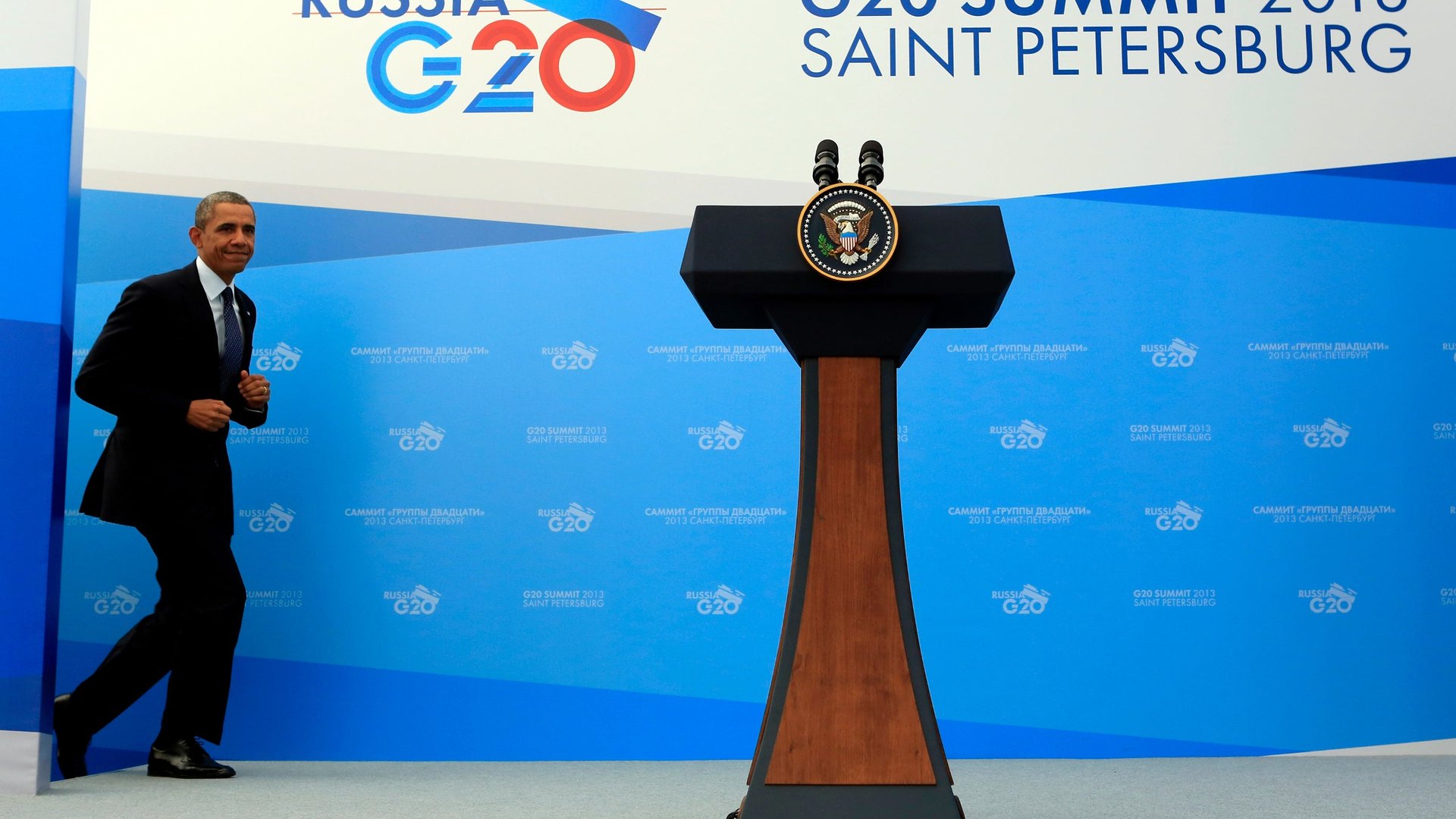How US lawmakers are hastening the decline of American influence
“We are now being displaced in the global economy,” US speaker of the House John Boehner warned this summer in a speech on US manufacturing that cited China’s economic dominance. Yet under Boehner’s watch, Congress itself is helping with that displacement.


“We are now being displaced in the global economy,” US speaker of the House John Boehner warned this summer in a speech on US manufacturing that cited China’s economic dominance. Yet under Boehner’s watch, Congress itself is helping with that displacement.
Take the omnibus budget deal approaching approval this week. In many ways, it is a triumph of short-term pragmatism. Members of Congress postponed their disagreements to avoid a government shutdown and marginally improve the country’s fiscal position. Left by the wayside were long-term health and pension spending, immediate problems like long-term unemployment—and a simple measure to reinforce America’s position as the world’s economic leader.
Despite lobbying from president Barack Obama and powerful business interests, including the US Chamber of Commerce, Republicans blocked an effort to reform the International Monetary Fund. The effort is something of a no-brainer: consolidating US funding for the institution in one pot, protecting the US veto over IMF policies, and bringing rising economic powers like China and Brazil into a US-created global economic system to replace shrinking European states. By blocking the reform, the US is pulling back from its role as an international economic leader at a time when people are debating not whether, but where the next financial crisis will start.
The same is happening with a more fraught political-economic problem: A deal on Iran’s nuclear-weapons development. The US, along with Russia, China, France, Germany and Britain, reached a deal that would allow inspectors back into Iran, halt uranium enrichment, and eliminate stockpiles of enriched uranium within six months. In exchange, Iranian cash held by international sanctions would be released. While there are plenty of hurdles to implementation, it’s the most promising movement on this issue in a while.
And now Congress is set to blow it up. Democrats and Republicans in the Senate are pushing for—and close to reach a veto-proof majority on—a new sanctions package. This would arguably violate a promise US diplomats made to Iran to enact no new sanctions as long as the current deal is in effect. Supporters of the deal say that endorsing any new sanctions now would be therefore be tantamount to expressing a preference for armed conflict. It’s certainly not going to give the other partners in the deal—or the Iranians—much confidence in the United States.
Ironically, lawmakers who worry most about the US place in the world—Democrats who support humanitarian intervention and conservative Republicans who fear the rise of new economic powers—are making the most compelling case that the world’s largest economy (for now) is on the way to becoming a bit player on the world stage. Oh well—least they didn’t shut down the government again.